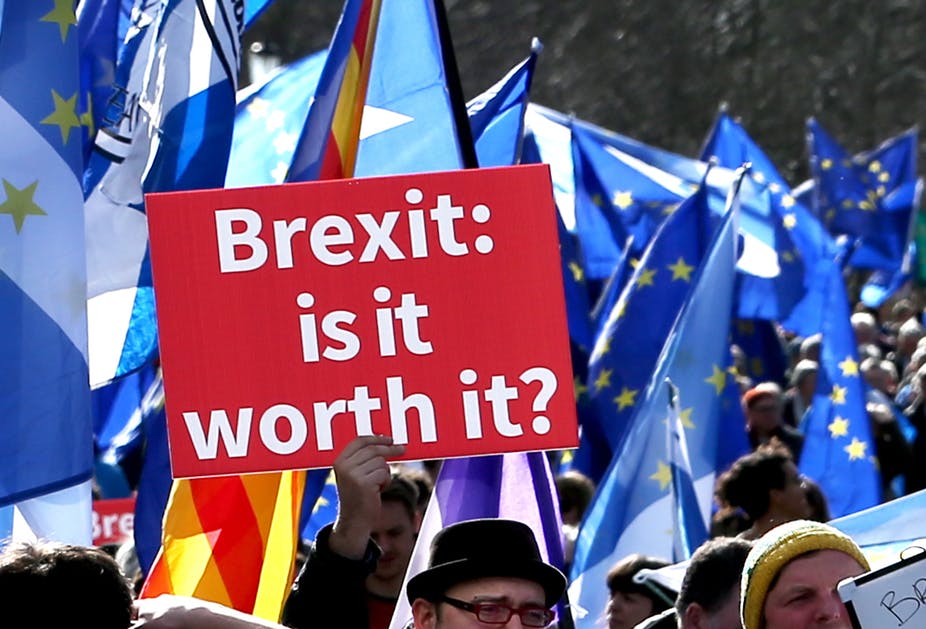Recent inflation data in the UK put pressure on the pound. GBPUSD has turned to decline from 1.29 after the release of disappointing inflation data for January.
Official data from ONS noted overall consumer prices decline by 0.8% in January and annual inflation slowdown to 1.8%. A year earlier, this figure was at 3%. It is also worth noting that other inflation indicators – the retail price index and producer prices were also weaker than expected. A sharp inflation drop is considered a sign of sluggish economic activity and additionally reduces the chances of interest rates increase by the Bank of England in the near future.
Earlier this week, poor UK performance was already in the spotlight of the market after report notes GDP to decline by 0.4% and industrial output fell by 0.5% in December. The deterioration of business performance is due to increasing uncertainty over Brexit.
Alexander Kuptsikevich, the FxPro analyst
